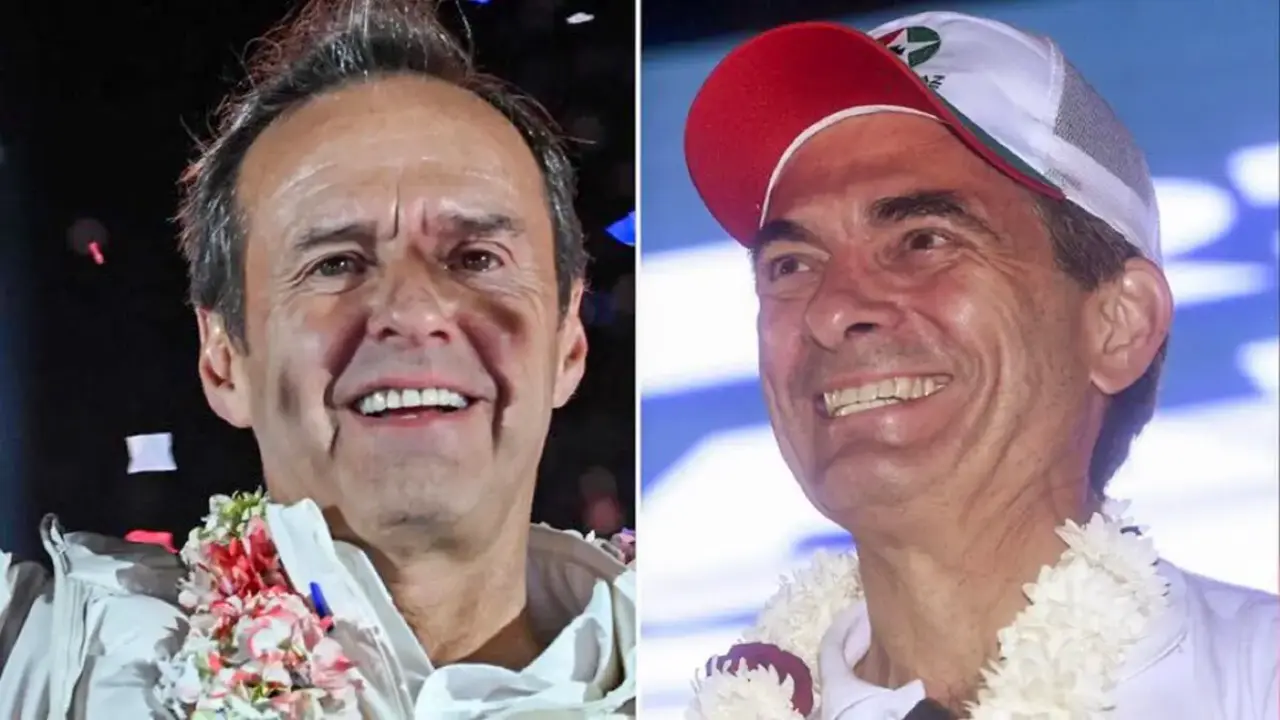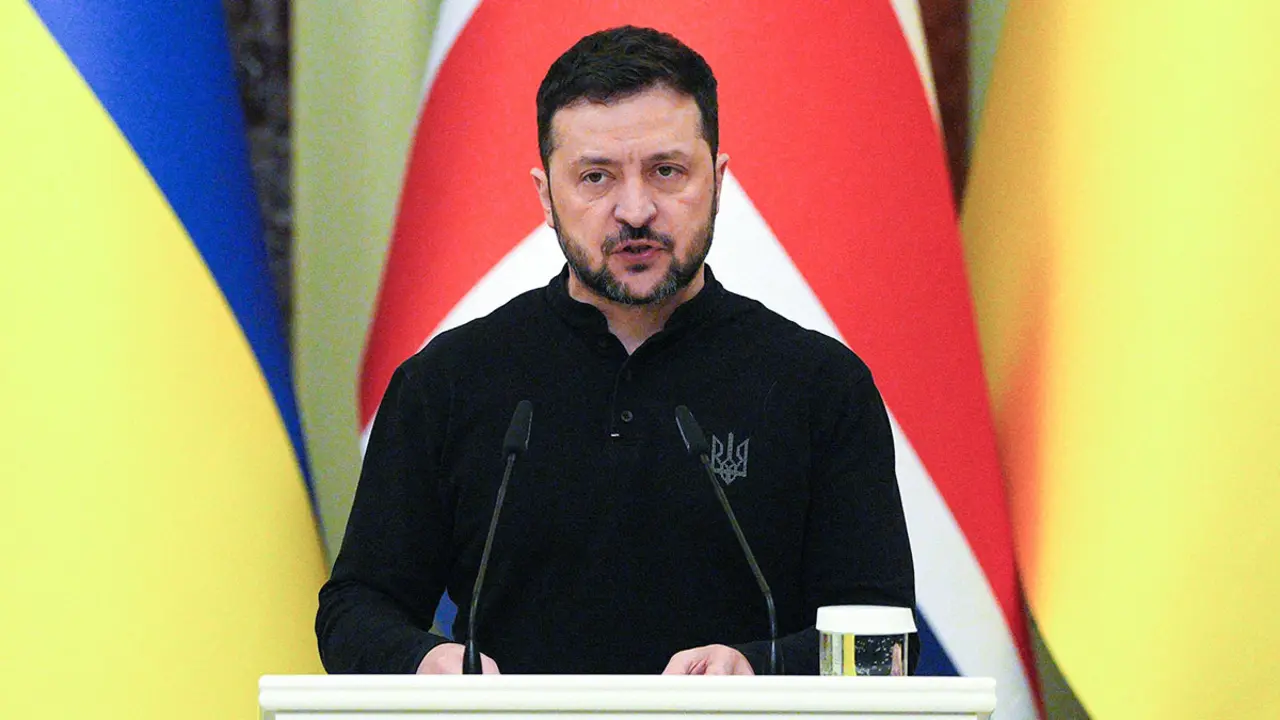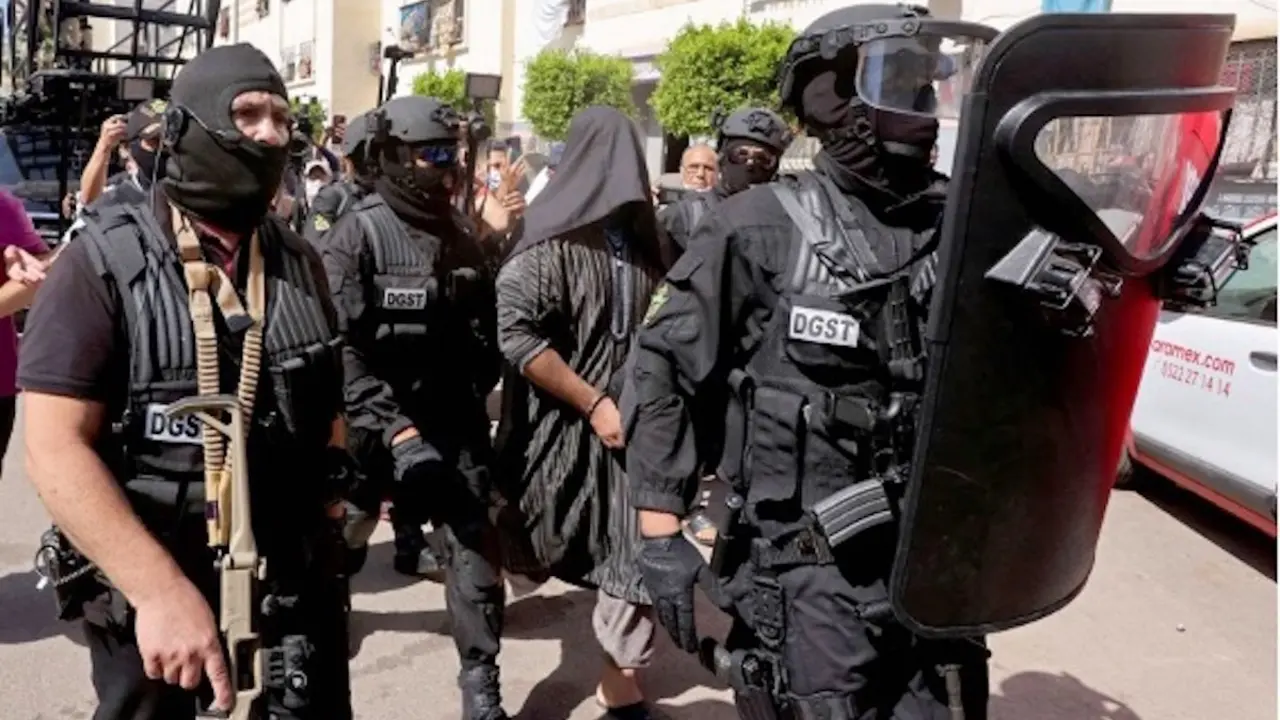Turkey arrests four HDP mayors on terrorism charges

Four mayors of the People's Democratic Party (HDP) were arrested on Friday on charges of involvement with the Kurdistan Workers' Party (PKK) guerrillas, a group considered terrorist by Turkey, the United States and the European Union.
The members of the HDP, of leftist and pro-Kurdish tendencies, ruled in towns located in the southeast of Ottoman territory, where the majority of Kurds living in the Turkish nation live (out of 15 million, according to various estimates). The people involved are three rulers of Siirt province, including the mayor of the capital city of the same name and the mayor of the city of Igdir, a province bordering Armenia, along with the rector of the districts of Baykan and Kurtalan.
They were arrested on charges of "being a member of a terrorist organization" and financing it, and were closely linked to the PKK. The police arrested them at their homes early this morning and the operation is continuing with a search of the town halls, various sources confirmed to the Turkish state news agency Anadolu.
Those affected have been removed from their posts and their activity is now controlled by Interior Ministry officials.
The Turkish administration led by President Recep Tayyip Erdogan has already intervened 50 of the 65 mayors' offices that the HDP won in the local elections of March 2019, which were a hard electoral blow for the 'Sultan', who saw his Justice and Development Party (AKP), The mayor's office of such important cities as Istanbul, the financial heart of Turkey, and Ankara, the administrative capital, were taken over by the People's Republican Party (CHP), which is headed by the current mayor of Istanbul, Ekrem Imamoglu, a great political enemy of Erdogan.
Already on 9 March a court of law sentenced the deposed mayor of Diyarbakir, Adnan Selcuk Mizrakli, to nine years in prison for "belonging to a terrorist organisation". In the meantime 12 MPs of the HDP, the third group in the Turkish Parliament have been in prison since 2016 on charges of links with Kurdish militias.
President Tayyip Erdogan's government thus accuses the HDP of having close links with the militant group of the PKK, which has led to the prosecution of thousands of its members and some leaders. Meanwhile, the HDP denies these links.
Since the severe setback in the March 2019 elections, operations have been carried out against rival political formations in a kind of purge directed from the highest levels. Affected mayors have since been replaced by trustees in more than half of the 65 municipalities won by HDP, and Ankara has appointed governors and other local authorities as ad hoc governors in those districts. Former HDP co-leaders have been imprisoned since 2016 on terrorism charges, and several other prominent party members have been accused of supporting terrorism for what the Government says are links to the PKK.

Recep Tayyip Erdogan's campaign both internally and externally to divert attention from domestic problems and to entrench his power under the guise of acting against the Kurdish ethnic group, which he points to for terrorist actions in the south of the country, is thus continuing. This includes, for example, Turkey's campaign in the context of Syria's civil war. The Eurasian nation entered the north of the neighbouring Arab country to harass the Kurdish-Syrians and justified the operation after denouncing Kurdish terrorist actions against them. Turkey has positioned itself in a security zone on the Turkish-Syrian border that it made a pact with the United States government of Donald Trump and has several checkpoints; along with those possessed by Russia, a circumstantial rival in the Syrian conflict and which stands as the main ally of the regime of Bachar al-Asad, which seeks to demolish the last rebel bastion in the northeastern province of Idlib, under the pretext of persecuting the fundamentalist jihadist elements that are sheltered there.
Turkey also manages to deflect attention from domestic setbacks with another international operation such as the one it is conducting in the Libyan civil war, where it supports the National Accord Government (GNA) of Prime Minister Fayez Sarraj, who is resisting harassment from the Libyan National Army (LNA) of Marshal Khalifa Haftar, who is trying to put an end to the last pole of resistance in the capital, Tripoli (headquarters of the GNA), also under the argument of putting an end to the insurgency installed in the Tripolitan city (it should be remembered, among other things, that Turkey sent jihadist mercenaries from Syria there) and then proceed to a new democratic process. Meanwhile, Sarraj denounces that what is taking place is a rebel coup d'état by the LNA against its Executive, internationally recognised by the UN since 2016.
Internally, the main opposition formation, the CHP, has become the new target of the government controlled by Erdogan just at a time of financial weakness, aggravated by the halt in economic activity caused by the current health crisis of the COVID-19 disease. The Turkish leader and the media sympathetic to his ideology have launched a propaganda campaign to accuse the CHP's supporters of orchestrating a new coup d'état against it.

The collapse of the Turkish lira, the high risk of three of its biggest banks to go bankrupt, the continuous support to the rebel militias in Syria and Libya or the successive violations against Greece (like the denounced incursion in jurisdictional waters of Greek islands after the agreement sealed by Turkey with Fayez Sarraj's GNA to distribute influence zones in the Mediterranean arc) are some of the issues that have put Erdogan in the spotlight. This long list of problems puts pressure on the Turkish leader, who continues with his internal and external strategy to strengthen his power.








